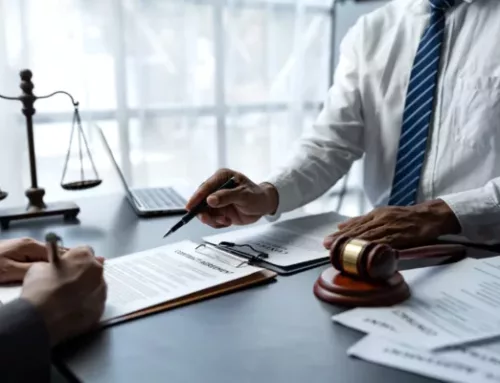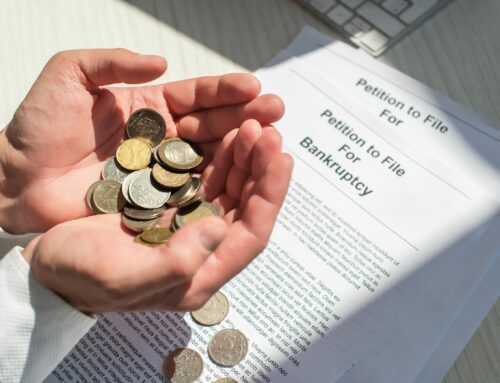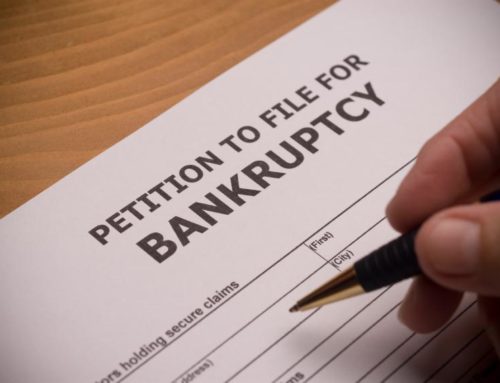West Virginia Bankruptcy Basics
There is a myth that many credit card companies perpetuate that only people who overspend go bankrupt. This simply isn’t true. Many people who don’t misuse their credit cards have filed for bankruptcy with a United States bankruptcy court. Bankruptcy lawyers will tell you that many of their clients were not irresponsible spenders. They simply fell victim to unfortunate circumstances.
Debtors who file for bankruptcy have financial problems for different reasons. The most common ones are illness, accident, divorce, business failure, and job loss. A debtor would often struggle to get out of debt on his own before finally choosing to declare bankruptcy as a last resort.
Bankruptcy Law
Federal law provides people and businesses with the Bankruptcy Act, a provision that allows them to start fresh  financially by reducing or eliminating debt. The bankruptcy process starts with the bankruptcy petition and ends with the bankruptcy discharge. Bankruptcies don’t always remove all the debts of the filers. There are bankruptcy cases involving certain debts that are not dischargeable, such as child support.
financially by reducing or eliminating debt. The bankruptcy process starts with the bankruptcy petition and ends with the bankruptcy discharge. Bankruptcies don’t always remove all the debts of the filers. There are bankruptcy cases involving certain debts that are not dischargeable, such as child support.
Debtors must refer to the bankruptcy code to figure out their bankruptcy options. There are different types of bankruptcy but the bankruptcy chapter for those who want to file personal bankruptcy is typically either Chapter 7 or Chapter 13.
These bankruptcy chapters have distinct functions. Chapter 7 is a shorter process focused on liquidation, while Chapter 13 takes three to five years of debt reorganization to complete and is essentially a forced repayment plan. Debtors have to pass the means test to be eligible for Chapter 7. Chapter 13 is generally for those who want to hold on to their assets. They’ll be allowed to do this if they religiously make payments during the span indicated in their payment plan. They pay back their debts based on what they can afford to pay and not how much their debt is worth.
Bankruptcy Proceedings
Bankruptcies offer an automatic stay or stop as a benefit. This is the form of bankruptcy protection that stops creditors and collection agencies from hounding a debtor with threats of a wage garnishment, foreclosure, tax levy, or any other debt collection tactic. Filing for bankruptcy puts the stay in place, so when a debtor files for bankruptcy court protection, a creditor is notified so collection efforts can be halted.
Filing bankruptcy starts with submitting the bankruptcy petition, but before filing, debtors have to make the right choices. This comes before filling out bankruptcy forms and gathering documents to provide bankruptcy courts with correct and complete bankruptcy information.
Filers have to take many details into account when filing for bankruptcy. They should have an idea of how proceedings will run. If they have secured debt like a mortgage or a car loan, they should expect to continue paying for it so that they won’t have to turn the collateral property over.
Bankruptcy exemptions are another detail they should pay close attention to. Exemptions and even bankruptcy laws differ per state, so it’s prudent to consult a local West Virginia bankruptcy lawyer regarding a West Virginia bankruptcy case for correct knowledge and insight as well as relevant experience.
Considering Bankruptcy in West Virginia? Get Legal Advice from a Local Bankruptcy Attorney Today!
If you’re thinking of declaring bankruptcy, the smart first step to take is to consult one of West Virginia’s bankruptcy attorneys to review your case and determine the best debt relief solution for you. Legal help is invaluable throughout the entire process and even after bankruptcy. For guidance on how to wipe out your debt and other bankruptcy matters, give us a call at Thomas E. McIntire and Associates, L.C. to speak with an experienced West Virginia bankruptcy attorney.





